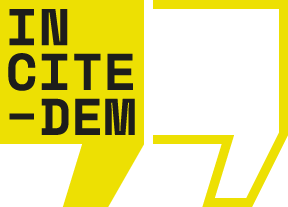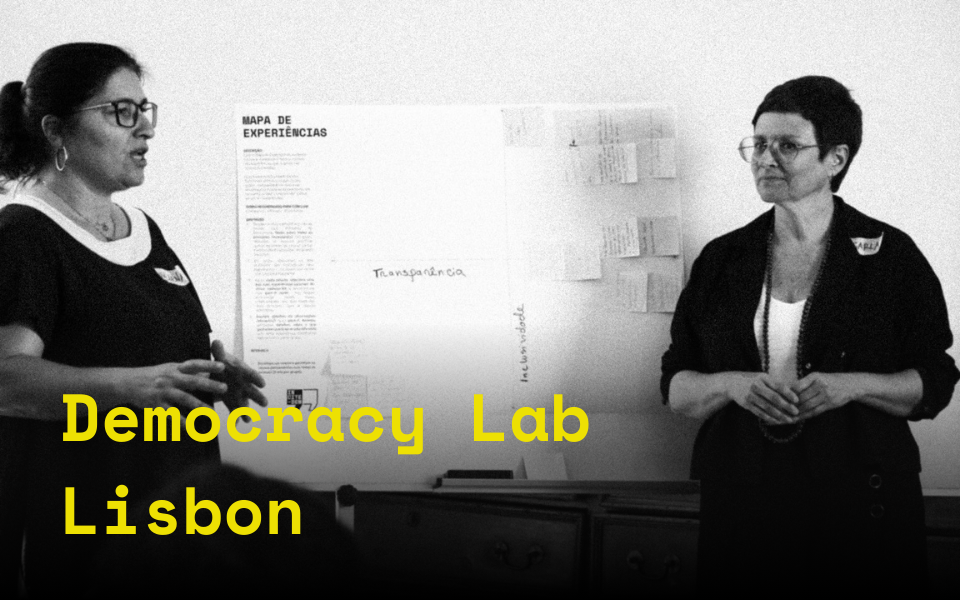STwo full days of deep analysis, a lot of group debate and plenary presentations – for a very diverse group of people from the region of Lisbon, invited to join the first Democracy Lab in Portugal. ‘Laboratório de Democracia’ brought together 29 people from different ages, backgrounds and civic experience, to squeeze their brains into finding: what works well in our communities’ civic intervention and what is not working in our democracies’ decision-making processes. The group of citizens was also challenged to co-create better ways for local decision-making, new processes, mechanisms and deliberation ideas – democratic innovations.
What intense and full days, the 10th and 11th May, in a beautiful room of an old convent in the heart of Lisbon Bairro Alto – now called ‘Casa do Impacto’, the welcoming Impact House. The scenery was set: space, light, snacks and drinks and all materials prepared for the participatory sessions, using facilitation and experiential methodologies to cater the group of citizens into reflection.
The rules: respect each other and listen in the groups – everyone is an ‘expert on their own experience’ and the perspective of those participants with less civic intervention and experience is very precious data for our research on how to make our democracies more inclusive. The facilitation allowed participants that never met before to become more comfortable – exchange between groups increased along the first day of work.
A female policymaker gave an enlightening summary of how local consultation and decision-making processes work and the Scandinavian myth was dismantled: local decision-making is difficult everywhere and Portuguese citizens are not alone – even in Norway citizens complain from lack of information, lobbies that allow unsustainable destruction of nature and means for citizens to participate actively in the protection of our land need to be put in place!
“I was not expecting this, felt like a spiritual retreat, where we had to think about our society, our lives, listening attentively to each other – and I felt listened.”
– Female, 62 yrs
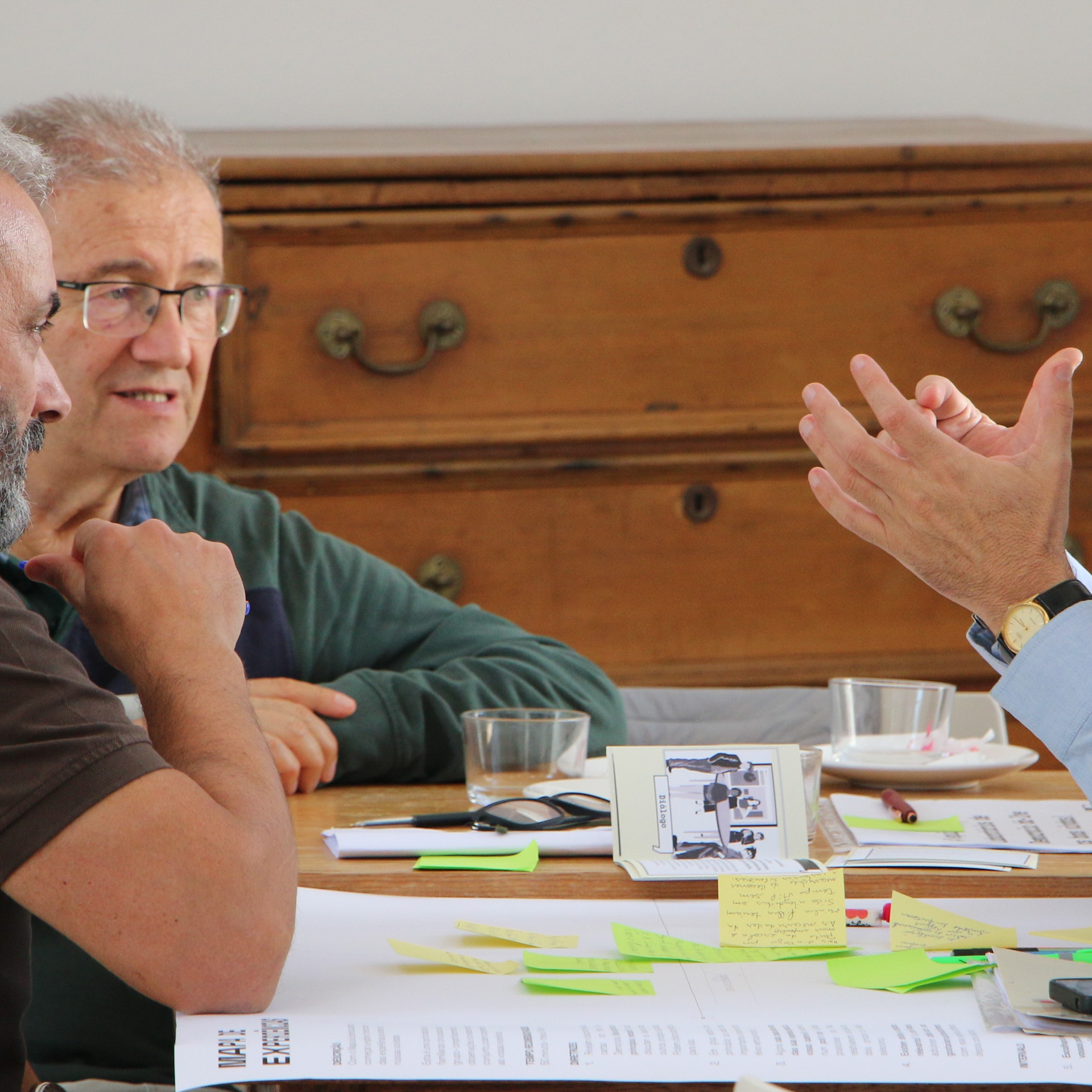
And what first results look like, for the #InciteDem research? You can almost hear the laughter and joy in the second day photos, when participants were challenged to put all the discussion so far into storytelling the democratic innovation each group co-created, putting their innovative ideas into a fictional use situation with the aim to improve local decision-making.
Creativity at its highest, people using polaroids and rehearsing scenes, those talented sketching the story into frames, everyone drafting dialogues and even collages! The results are amazingly rich, in terms of scientific research – and the INCITE-DEM project research team will take so much out of the whole material harvested. But participants, in their first feedback at the end of the ‘Laboratórios de Democracia’, also pinpointed the extremely empowering process and the rich exchange of learning between all participants.
“I was never with so many different people, of all ages, and me being the youngest, and felt we were all contributing to build ideas together, everyone felt comfortable to share.”
– Youngest participant, 18 yrs
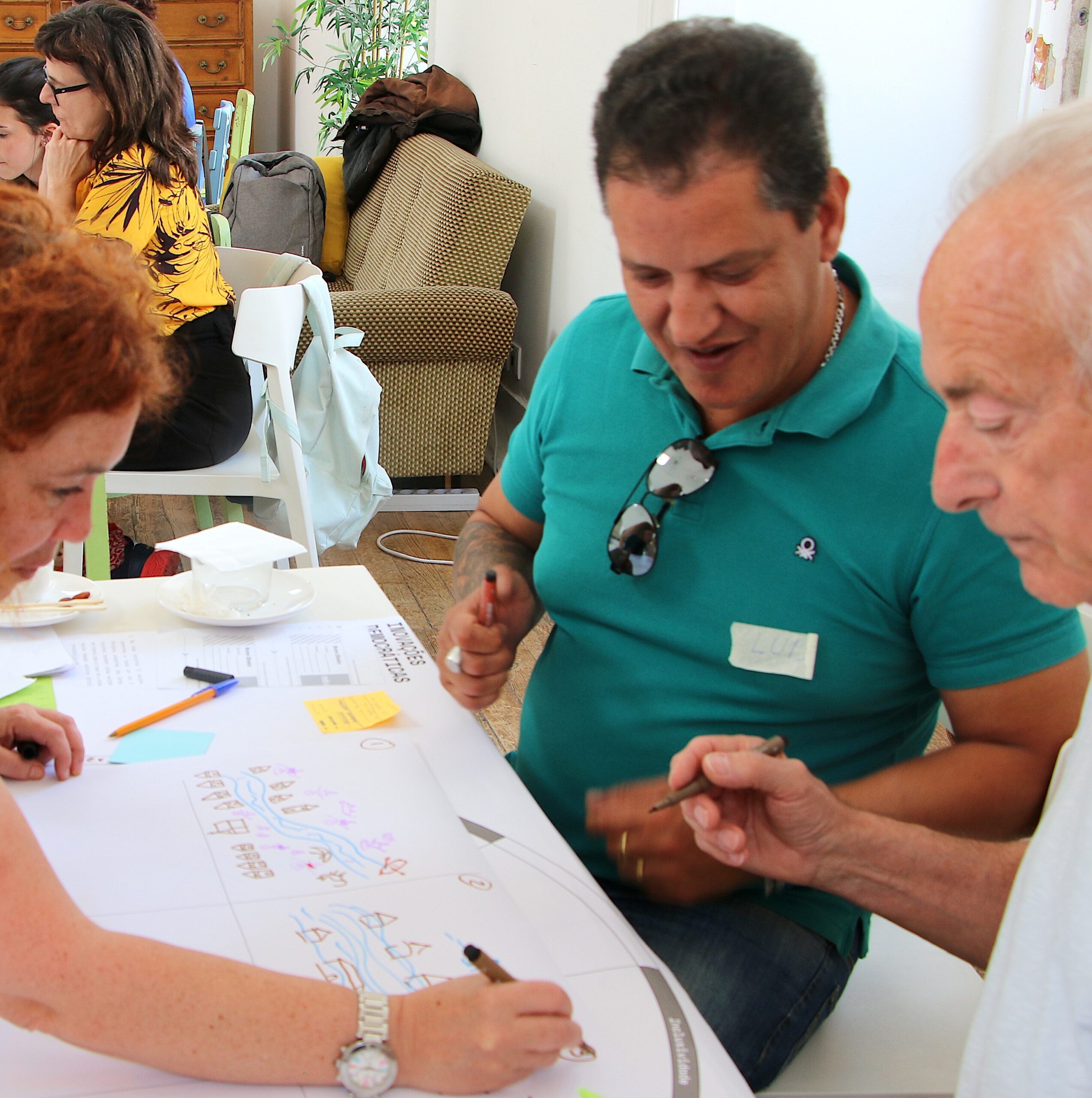
The saturday ended amongst serious talks about values and community spirit – but also many smiles mixed with positive farewells and a general manifestation of interest to follow on the results and participate in the next challenges the INCITE-DEM’s team will invite this and other groups of people.
“Very enriching collective process. It was very pleasant to be with all these people discussing how to improve democracy in these days when our democracy commemorates its 50th anniversary.”
– Older participant, 75 yrs
The time is ripe to harvest the whole data and process the co-created ideas – refining the process and facilitation recommendations also for the next #DEMLABS in Rome, Barcelona, Potsdam and Ljubljana until the Autumn. It was a great team effort, with our project leader Inês Campos leading, Sandra Oliveira co-facilitating and João Limão managing the participation and harvesting – supported by the video and photo harvesting by Daniel Peniche Irabien, from the University of Tallinn and a good hand by Vanessa Buth, from Müenster University, that will later replicate in the German Dem-Labs. A final note for the sustainable and solidarity catering by Associação Pão a Pão, supporting refugees from Syria and Palestine.
Who said scientific research was boring?
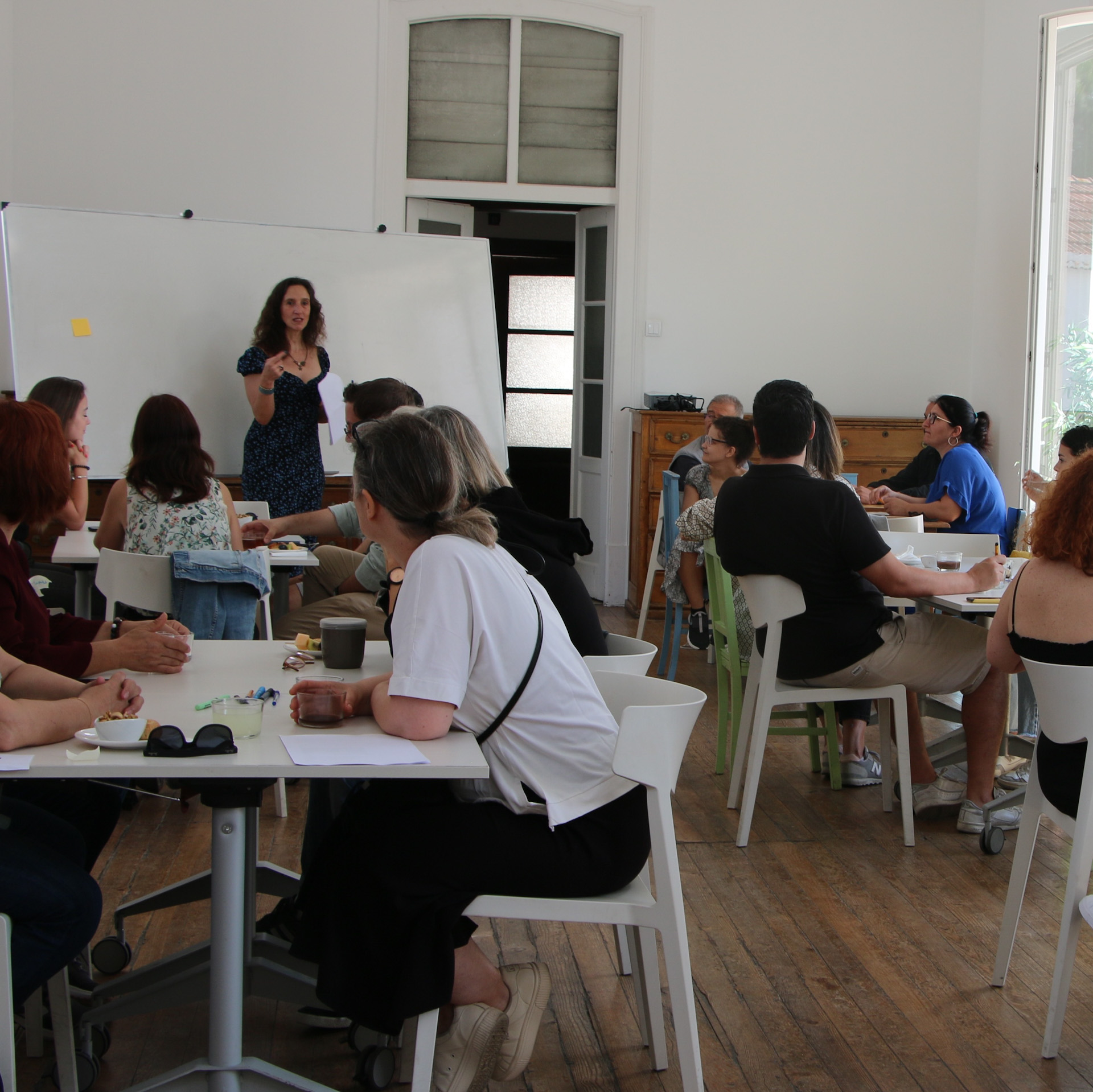
INCITE-DEM is Funded by the European Union (GA 101094258). Views and opinions expressed are however those of the author(s) only and do not necessarily reflect those of the European Union or European Research Executive Agency (REA). Neither the European Union nor REA can be held responsible for them.

Privacy Policy
